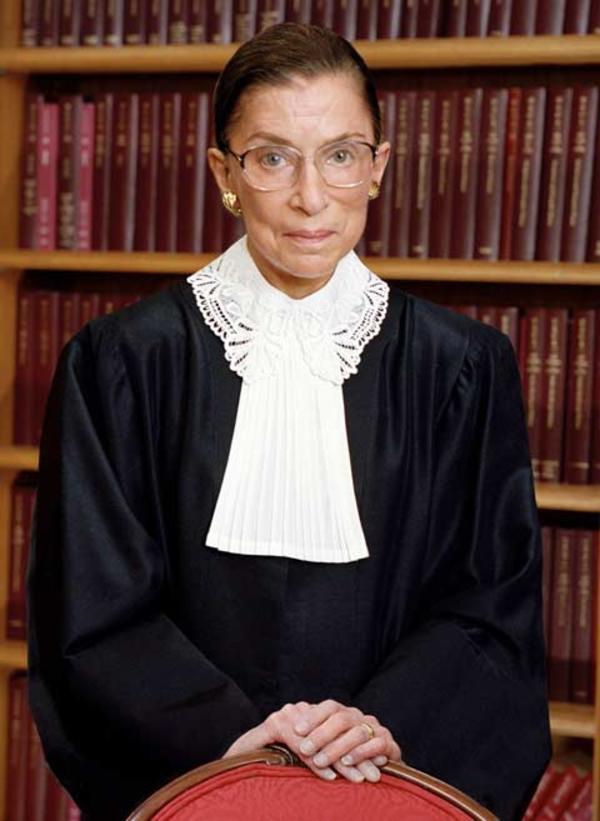Women’s Heritage Month
Ruth Ginsburg
April 7, 2022
Most people know that March is Women’s History Month, but how did this come about? This history month takes its heritage beginning as a week on March 7th, 1982. Throughout the next five years, Congress designated one week of March as Women’s History week every year. In 1987, after petitions made by the National Women’s History Project, Congress passed a bill that designated March of 1987 Women’s History Month. Between 1988 and 1994, Congress passed additional laws and eventually authorized the President to proclaim March of every year to be National Women’s Month. This month was put in place to celebrate women’s achievements, including their contributions to history, culture, and society.
You might wonder how this month is celebrated. According to History.com, people often celebrate this month by having demonstrations, educational initiatives, customs, and also giving gifts to the women in their lives.
International Women’s day is also celebrated in March but only lasts until the 8th. The United Nations has sponsored this holiday since 1975. When adopting this recognition of women, they reasoned that the day was, “to recognize the fact that securing peace and social progress and the full enjoyment of human rights and fundamental freedoms require the active participation, equality and development of women; and to acknowledge the contribution of women to the strengthening of international peace and security.”
This year, the theme for Women’s History Month this year, created by the National Women’s History Alliance is “Women Providing Healing; Promoting Hope.” This is a tribute to all the women caregivers and frontline workers during the ongoing COVID-19 Pandemic and also a recognition to the women of all backgrounds and cultures that provided thousands of ways of healing and hope throughout history.
Five Influential Women in History:
Ruth Bader Ginsburg- The Supreme Court’s second female justice, first Jewish justice
Harriet Tubman- American activists and abolitionist, escorted over 300 slaves to freedom
Marie Curie- Female scientist who discovered Radium and made huge contributions in finding cures for cancer
Rosa Parks- Honored as the “first lady of civil rights” by United States Congress, best known for pivotal role in the Montgomery bus boycott
Elizabeth Cady Stanton- One of the leading figures of Women’s Rights movements in the 19th century, organized women’s suffrage movement in the United States.






